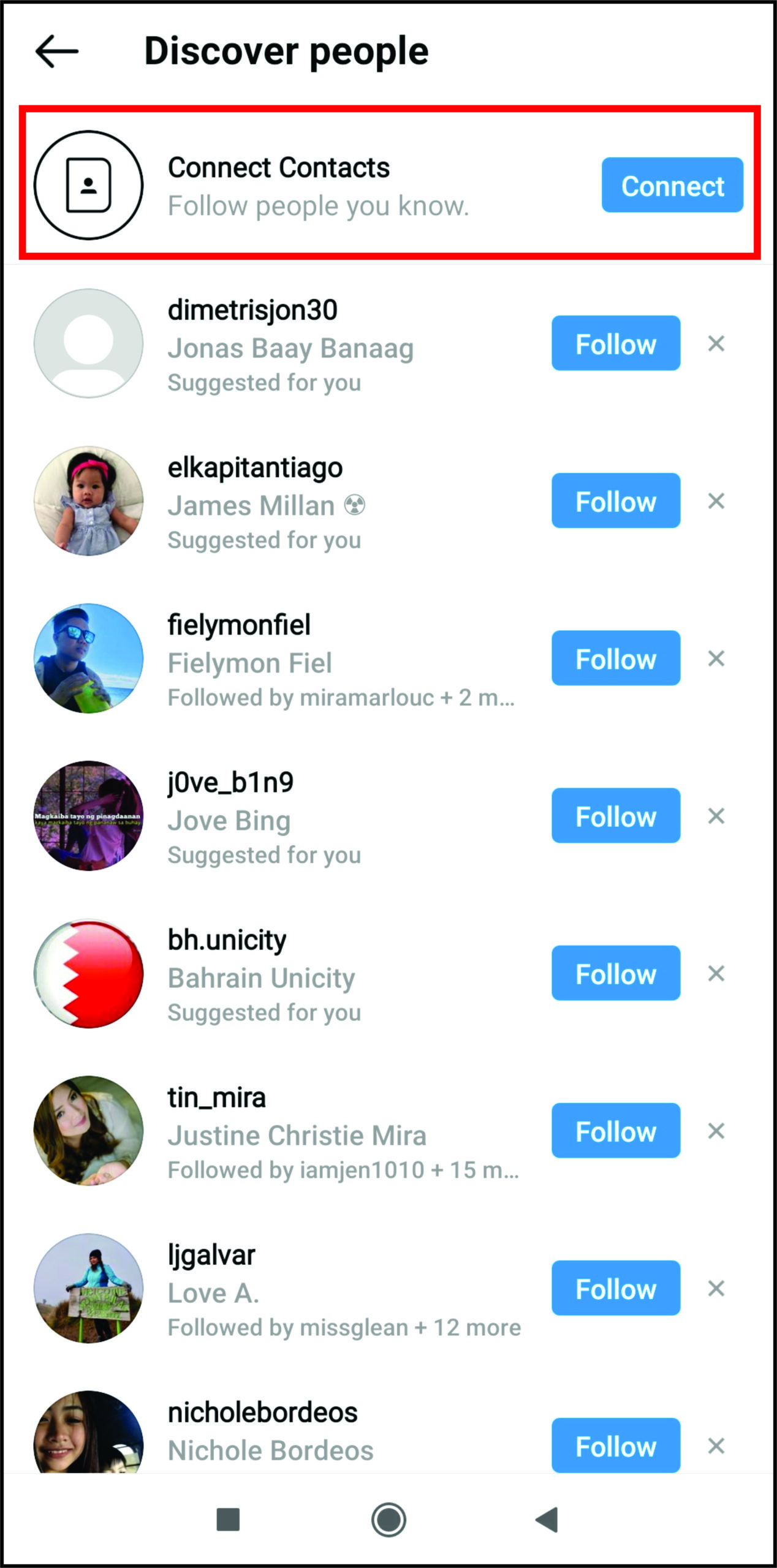What each app demands first
Instagram prioritizes connection and social webs. Early in the onboarding process, it prompts you to connect with contacts (or Facebook friends) so it can show you people you know. This creates immediate value (seeing familiar faces) but asks for access to contacts early. See the image below, which shows this.

Notion starts minimal: you get in, create a document or board right away, and it asks for customization later on (templates, workspace name, integrations, etc.). The goal is to show “you can use this ASAP” before asking for too many details. Notion refrains from overwhelming this user.
Venmo must comply with regulations since it handles sensitive data (such as SSNs and photo IDs). It does phone verification and then identity verification before letting you transact any money. This is a lot of friction. Some users may not see onboarding through since there’s so much to do.
What each prioritizes first
- Instagram: “Who do you know?” – building your social web to show you value immediately
- Notion: “Do something useful right away” – minimal barrier to success, makes it seem easy and intuitive
- Venmo: “Prove who you are” – security, compliance, and trust
Takeaway
The balance between immediate value vs. data gathering changes based on the domain of the app. In social media, starting with connections and showing immediate value to users is easy. In productivity, you can make a user feel that your app is useful very quickly and with minimal context. In finance, you must verify data and build trust right away, even if there’s friction in user onboarding.
